Optimal Timing for Foundation Repairs
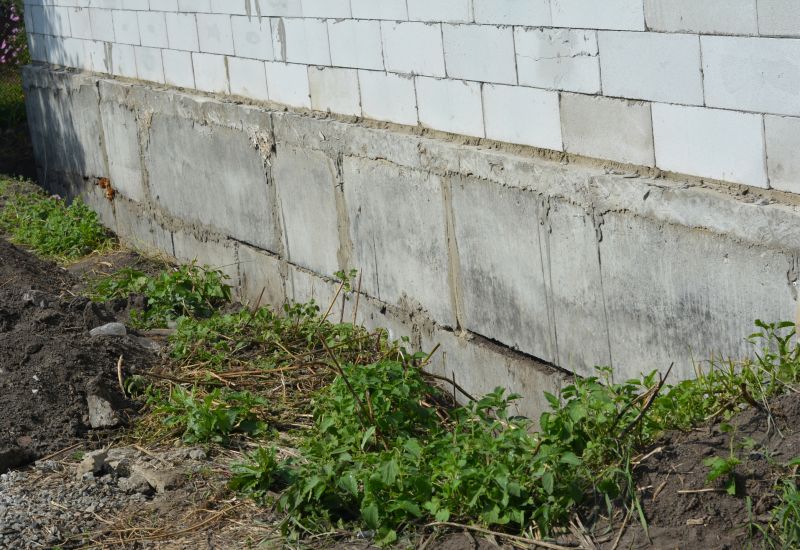
Spring offers moderate weather conditions, making it suitable for foundation repairs, especially when soil moisture levels are stable.
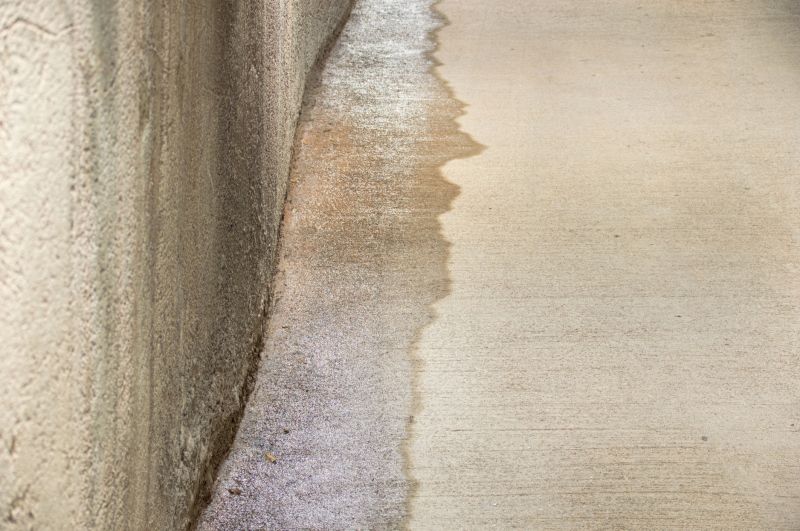
Summer's warm and dry conditions can facilitate repairs, but excessive heat may cause soil to shrink, affecting repair stability.
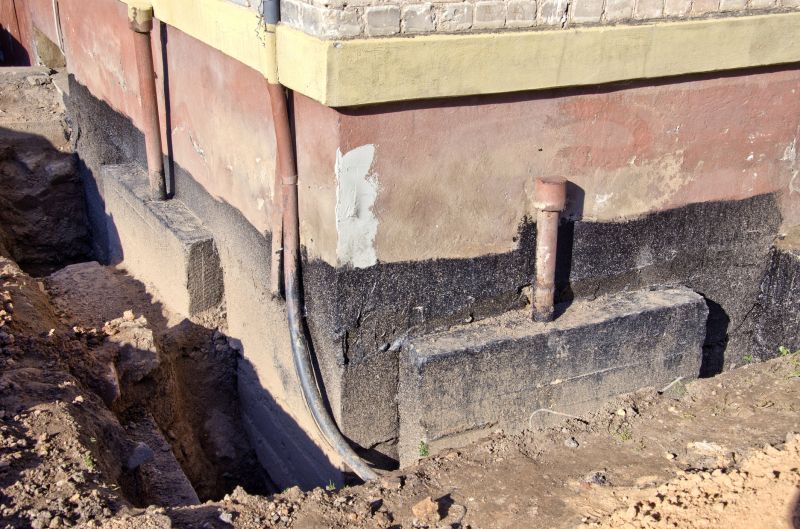
Fall provides cooler temperatures and less humidity, which can be ideal for foundation work before winter.
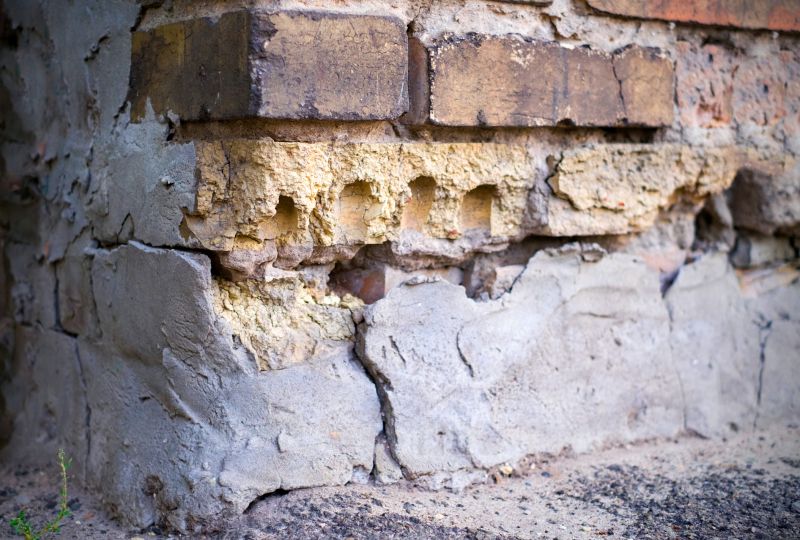
Winter is generally less suitable due to freezing temperatures and soil conditions that hinder repair processes.
Foundation repairs are essential for maintaining structural integrity and preventing further damage to a property. The timing of repairs can influence their effectiveness, with optimal periods associated with stable weather and soil conditions. Proper scheduling ensures that repairs are durable and less prone to issues caused by environmental factors.
Statistics indicate that over 60% of foundation issues are related to soil movement, which is heavily influenced by weather patterns. Repairing during favorable seasons can reduce the risk of recurring problems. Understanding local climate patterns is critical for planning effective foundation repair projects.
Cracks in walls, uneven floors, and sticking doors are common indicators that foundation repairs may be needed.
Common methods include piering, mudjacking, and underpinning, each suited to specific types of foundation problems.
Soil type and moisture levels significantly affect foundation stability and repair strategies.
Repair costs vary based on the extent of damage, repair method, and seasonal timing.
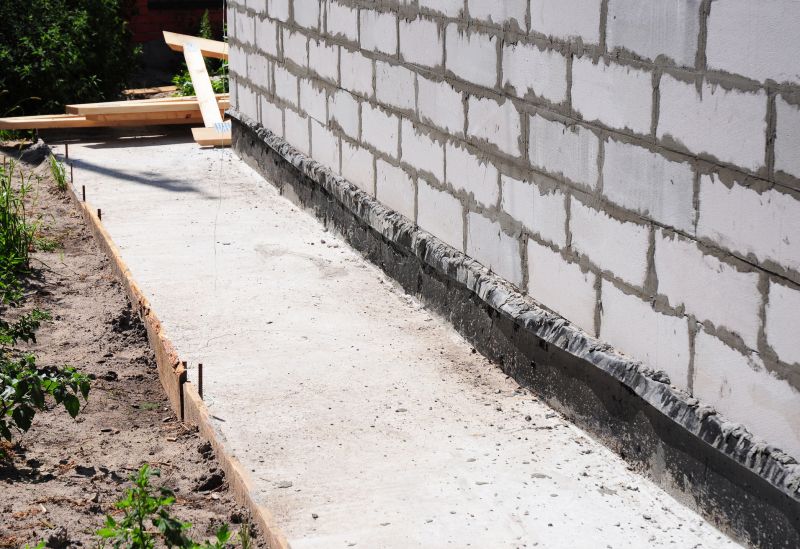
Visual inspection, soil analysis, and tailored repair methods are key steps.
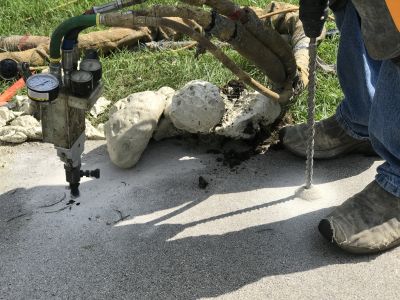
Heavy-duty jacks, piers, and hydraulic lifts are commonly employed during repairs.
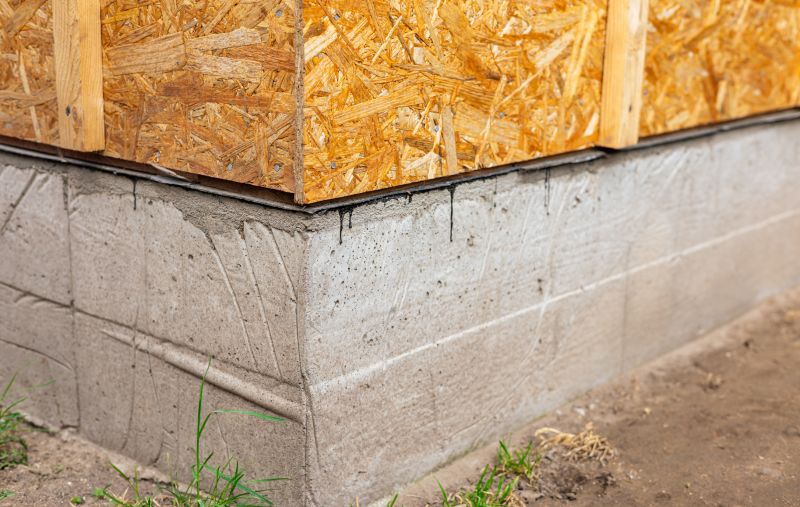
Properly executed repairs can restore structural integrity and property value.
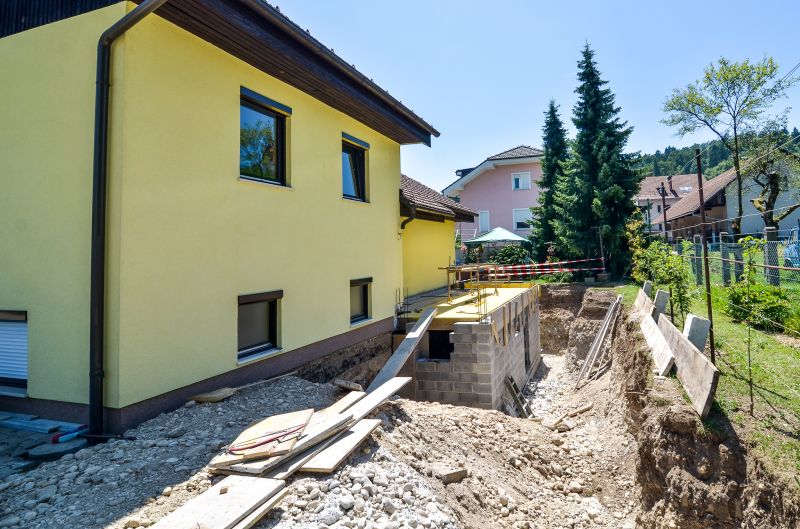
Different foundation types require specific repair approaches for optimal results.
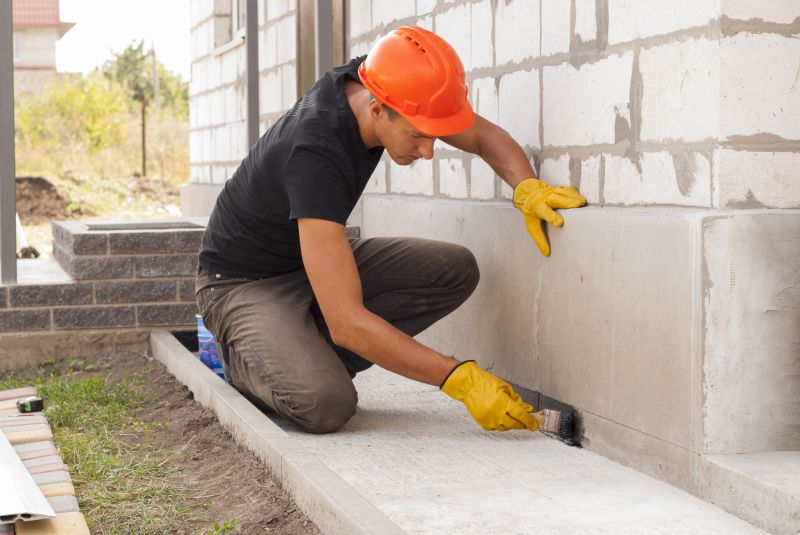
Preparing foundation sites during favorable weather ensures better repair outcomes.

Regular inspections help identify early signs of foundation issues before major repairs are needed.
| Season | Ideal Conditions |
|---|---|
| Spring | Moderate soil moisture, stable temperatures |
| Summer | Warm, dry weather; avoid extreme heat |
| Fall | Cooler temperatures, less humidity |
| Winter | Freezing temperatures; generally unsuitable |
| Late Fall | Preparation for winter; avoid repairs during freeze-thaw cycles |




